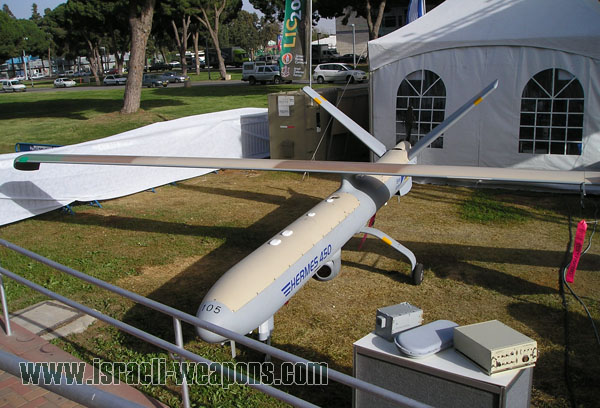Re: The Rise of the Russian Empire: Russo-Armenian Relations
It would be great if georgia were a facist country, they'd be less likely to act like "Christian" turks, but the truth is they are a ZOG (zionist occupied government) nation, hence their masters in london and washington pulling the strings in tiflis. Misha is just a poster boy, an errand runner collecting an unpayed bill for his masters.
Originally posted by North Pole
View Post
It would be great if georgia were a facist country, they'd be less likely to act like "Christian" turks, but the truth is they are a ZOG (zionist occupied government) nation, hence their masters in london and washington pulling the strings in tiflis. Misha is just a poster boy, an errand runner collecting an unpayed bill for his masters.












Comment